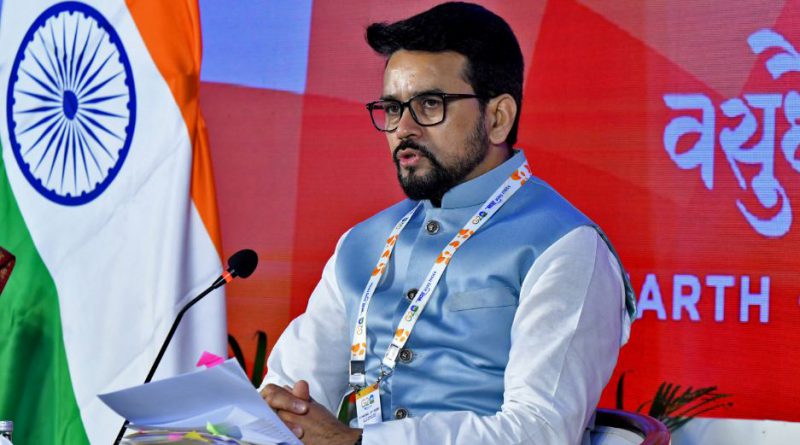India accepts gas panel report, lowers gas prices
New Delhi (Reuters) – India will lower prices of gas produced from old blocks to $6.50 per million British thermal units (mmBtu) from Saturday as the federal cabinet approved the recommendations of a gas panel report, the information minister said on Thursday, a move aimed at reining in inflation.
The price will apply to industrial buyers and companies in the fertiliser and city gas distribution sectors and will be fixed on a monthly basis.
India last year set up the panel, led by energy expert Kirit Parikh, to review India’s gas pricing formula to ensure fair prices to consumers after state-set prices of gas from old fields and a ceiling price for output from hard-to-access, difficult blocks rose to record highs.
Last week, India held back on raising the prices of gas produced from the old blocks in a six-month revision for April-September as the cabinet could not meet to discuss the gas panel report.
The monthly price of gas produced from old blocks will be fixed at 10% of the monthly average of the Indian crude basket, with a cap of $6.5/mmBtu and a floor price of $4/mmBtu, Information Minister Anurag Thakur told reporters.
After two years, both the cap and ceiling price would annually rise by 25 cents, Oil Secretary Pankaj Jain said.
Oman and Dubai crudes make up on average 75.6% of India’s crude basket, with 24.5% coming from dated Brent.
In the previous formula, India linked the prices of gas with global benchmarks, including Henry Hub, Alberta gas, NBP and Russian gas.
Old fields, mostly operated by Oil and Natural Gas Corp (ONGC.NS) and Oil India Ltd (OILI.NS) account for about 80% of India’s annual gas output of about 91 billion cubic metres.
Lower gas prices would hit the earnings of the two companies. However additional gas production made from new wells through fresh investment in old blocks would be sold at a premium of 20%, Oil Secretary Jain said.
He also said notification on the pricing will be issued tomorrow and be effective from Saturday.
The move to overhaul gas pricing is also part of Prime Minister Narendra Modi’s aim to raise the share of gas in India’s energy mix to 15% by 2030 from 6.2%, to help India meet a 2070 net zero carbon-emission goal.



